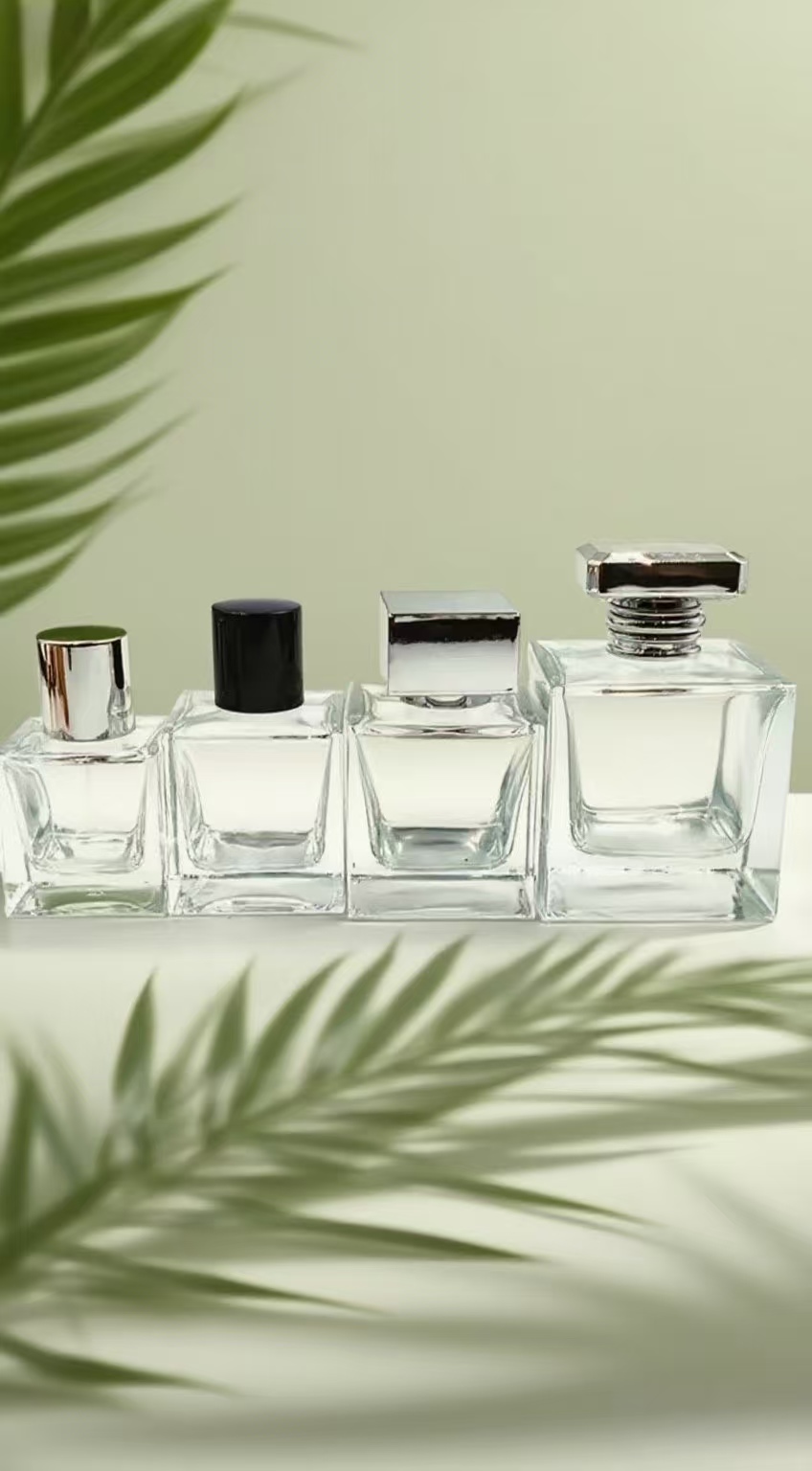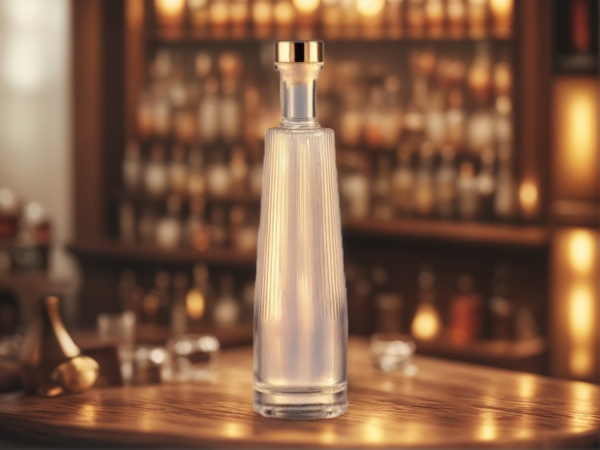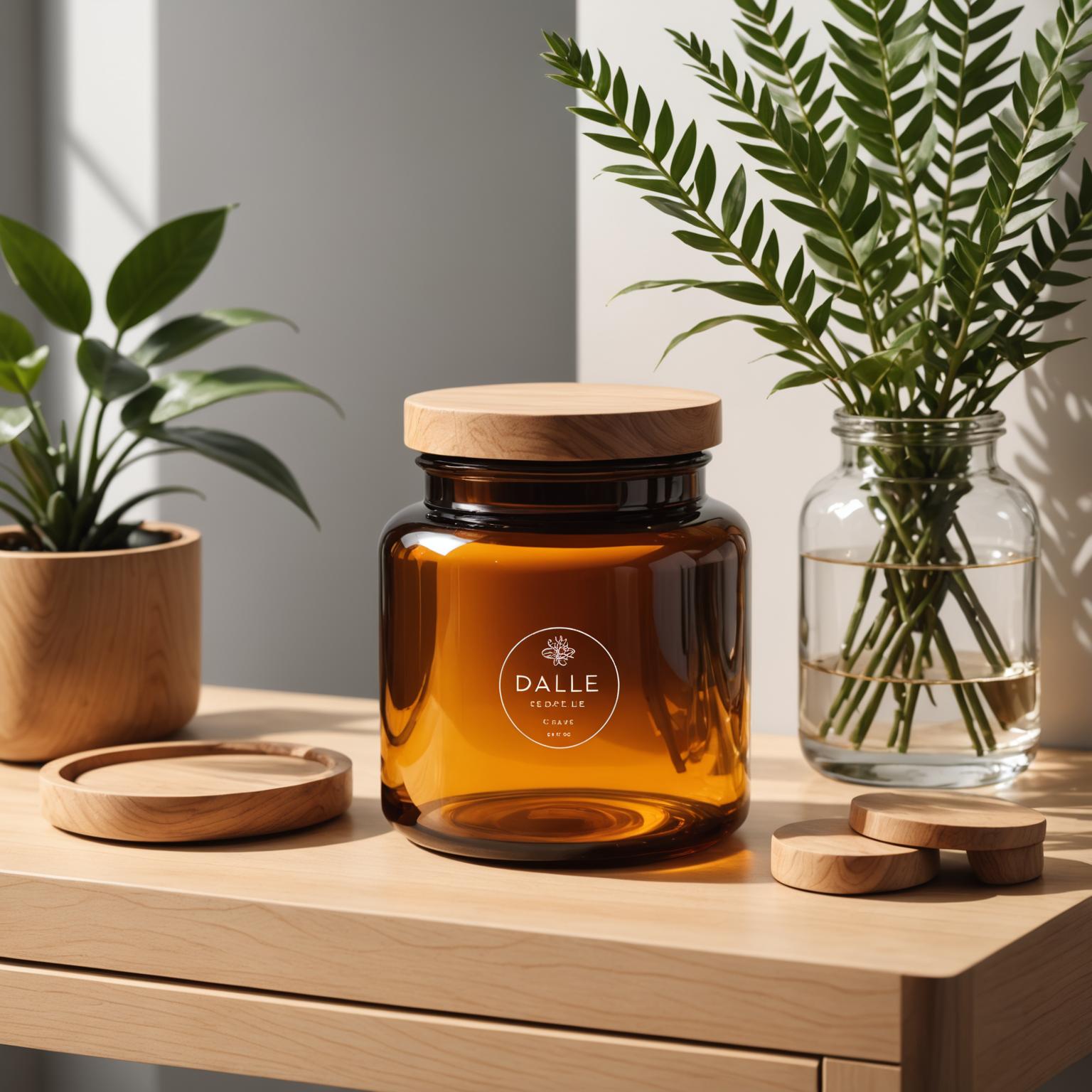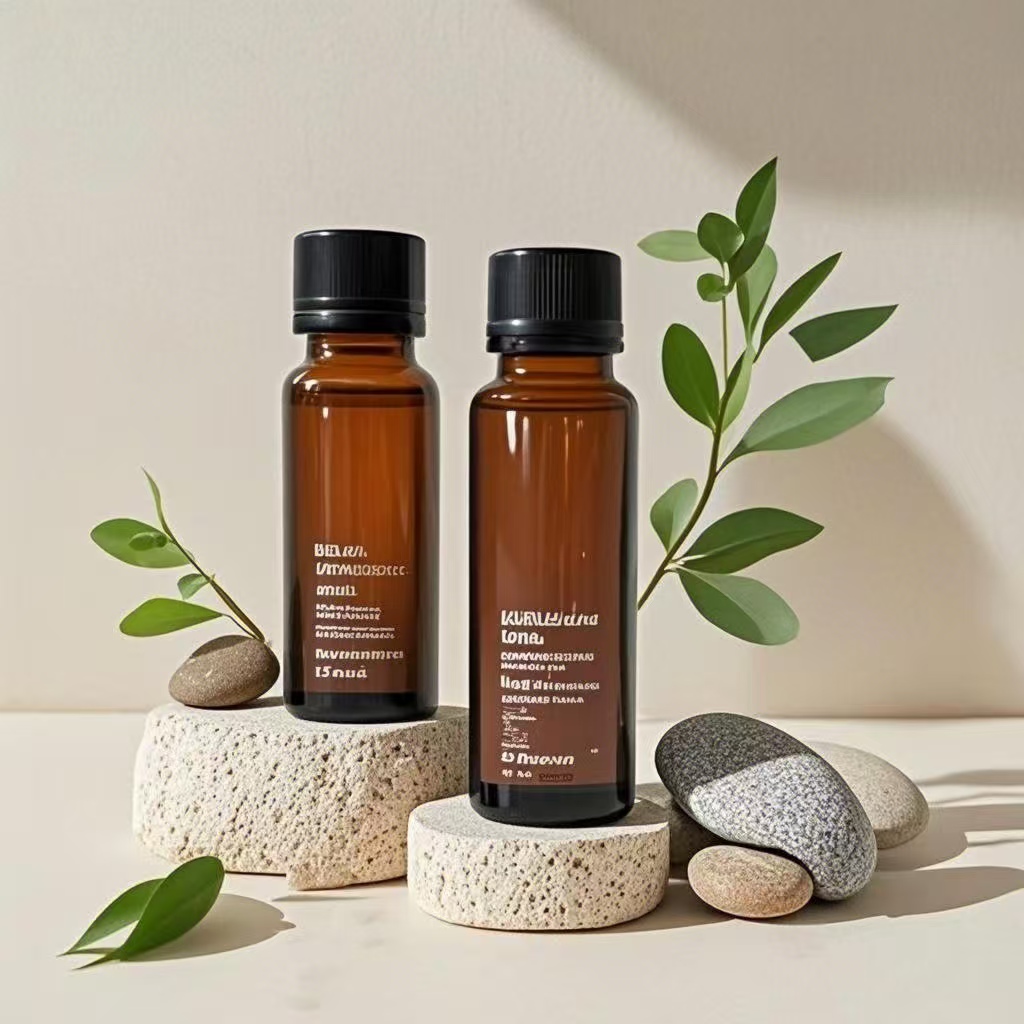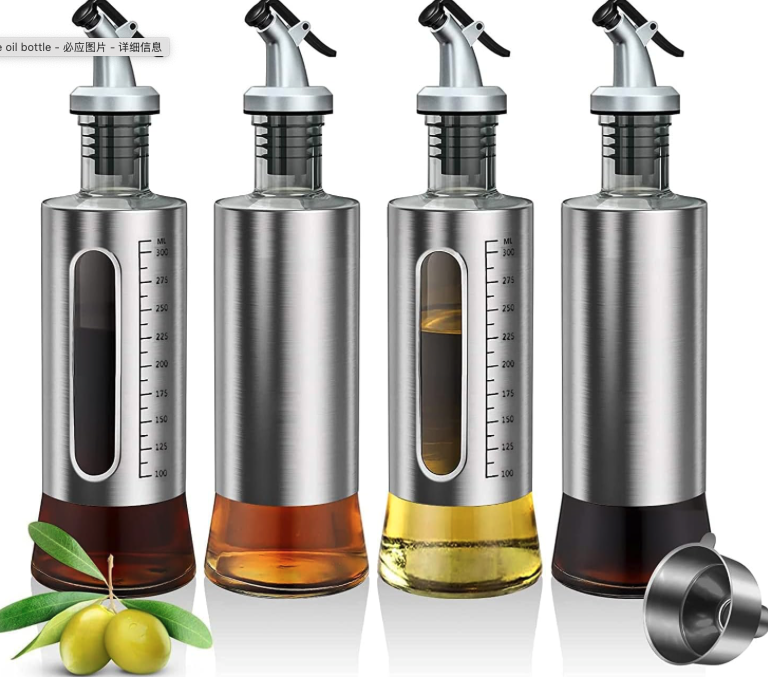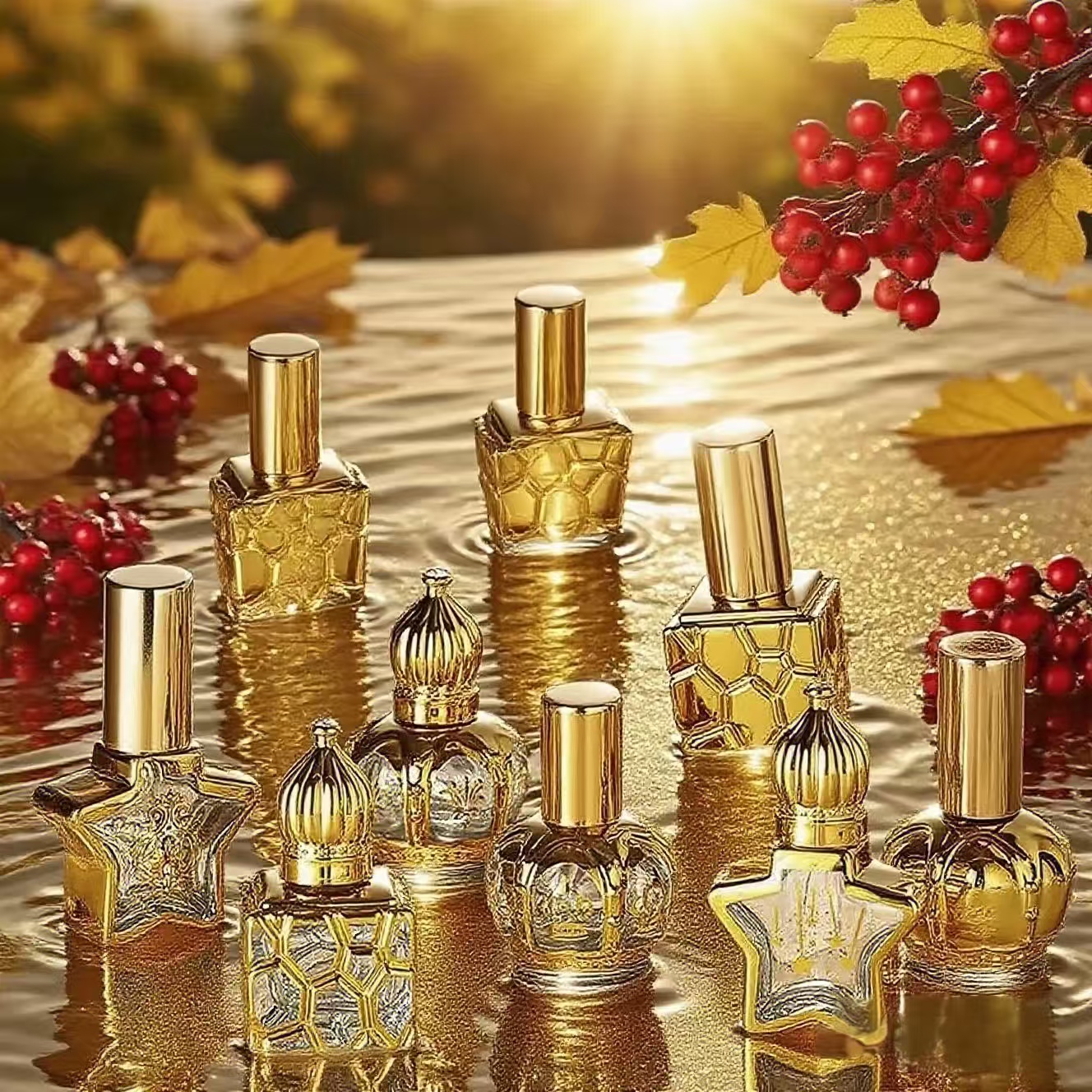The global packaging industry is at a crossroads. According to a 2023 report by the Ellen MacArthur Foundation, plastic packaging accounts for 40% of global plastic waste, with only 14% being recycled. This statistic isn’t just a environmental concern—it’s a brand imperative. Today’s consumers, especially millennials and Gen Z, are 67% more likely to purchase from brands that use eco-friendly packaging (Nielsen, 2024). For brands in sectors like cosmetics, food & beverage, and personal care—where bottles are a staple—adopting sustainable packaging isn’t just “nice to have”; it’s a way to stay competitive, build trust, and align with global sustainability goals (e.g., the UN’s Sustainable Development Goal 12 on responsible consumption).
But with so many “green” options on the market, choosing the right sustainable bottle can feel overwhelming. Should you work with a PCR plastic bottle manufacturer to repurpose existing plastic waste? Partner with a PLA eco-friendly packaging bottle factory for plant-based alternatives? Or source from a sugarcane-based sustainable bottle wholesaler for a carbon-negative edge? This guide cuts through the noise, providing actionable insights into each option, so you can make an informed decision that fits your brand’s values, budget, and customer expectations.
PCR Plastic Bottles: Working with a Specialized Manufacturer to Turn Waste into Value
What Are PCR Plastic Bottles, and How Do Manufacturers Produce Them?
PCR (Post-Consumer Recycled) plastic bottles are made from plastic waste that has been collected, sorted, cleaned, and processed into new plastic resin—think plastic bottles from your recycling bin that get transformed into a sleek new packaging for skincare or juice. Unlike virgin plastic (made from fossil fuels), PCR plastic reduces reliance on non-renewable resources and keeps existing plastic out of landfills and oceans.
A reputable PCR plastic bottle manufacturer for brands follows a rigorous production process to ensure quality and safety:
- Waste Collection & Sorting: The manufacturer sources post-consumer plastic (often PET, the most recyclable plastic) from certified recycling facilities, sorting by type and color to avoid contamination.
- Cleaning & Shredding: The sorted plastic is washed to remove labels, adhesives, and residues (critical for food/beverage or cosmetic brands), then shredded into small flakes.
- Melting & Extrusion: The flakes are melted into a homogeneous resin, filtered to remove impurities, and extruded into preforms—the base material for bottle production.
- Blow Molding & Quality Control: The preforms are blow-molded into custom bottle shapes (e.g., spray bottles, jars, squeeze bottles) and tested for strength, leak resistance, and compliance with industry standards (e.g., FDA for food contact).
Why Brands Should Partner with a PCR Plastic Bottle Manufacturer
For brands looking to dip their toes into sustainability without overhauling their entire packaging line, PCR plastic bottles are a practical, cost-effective choice—especially when working with a manufacturer that specializes in brand-specific needs. Here’s why they stand out:
- Reduced Environmental Impact: Using PCR plastic cuts carbon emissions by 70% compared to virgin plastic (Plastics Europe, 2023). For example, a 500ml PCR PET bottle has a carbon footprint of 0.3kg CO₂e, versus 1.0kg for a virgin PET bottle.
- Brand Trust & Transparency: Consumers recognize “PCR” as a tangible sustainability claim. A 2024 survey by Mintel found that 58% of shoppers actively look for “recycled content” labels on packaging. A specialized manufacturer can provide certification (e.g., GRS—Global Recycled Standard) to back up your claims, building credibility.
- Customization for Brand Identity: Unlike generic recycled bottles, a PCR manufacturer for brands offers customizations like color matching, embossing, or unique shapes. For example, a natural skincare brand could work with a manufacturer to create a frosted PCR bottle that aligns with its minimalist aesthetic.
- Regulatory Compliance: Food, beverage, and cosmetic brands face strict safety standards. A reputable manufacturer ensures PCR resin is food-grade or cosmetic-safe, avoiding contaminants that could harm products or consumers.
How to Choose the Right PCR Plastic Bottle Manufacturer for Your Brand
Not all PCR manufacturers are created equal. To ensure you’re getting a high-quality product that supports your brand’s goals, look for these key traits:
- GRS Certification: This globally recognized standard verifies that the recycled content is genuine and the production process is ethical (no child labor, safe working conditions).
- Experience with Your Industry: A manufacturer that specializes in cosmetic PCR bottles will understand the need for UV protection or leak-proof caps, while one focused on food packaging will prioritize FDA compliance.
- Customization Capabilities: Ask if they offer small-batch production (ideal for startups) or large-scale runs (for established brands) and if they can match your brand’s existing bottle design.
- Transparency in Sourcing: The best manufacturers share details about their recycling partners and can provide a “chain of custody” report, so you can confidently communicate your sustainability story to customers.
PLA Eco-Friendly Packaging Bottles: Leveraging a Dedicated Factory for Plant-Based Sustainability
What Is PLA, and How Do Factories Produce Eco-Friendly Bottles?
PLA (Polylactic Acid) is a bioplastic made from renewable plant resources—most commonly corn starch or sugarcane pulp. Unlike traditional plastic (which can take 400+ years to decompose), PLA is compostable under industrial conditions: it breaks down into water and carbon dioxide in 6–12 weeks, leaving no toxic residues. A PLA eco-friendly packaging bottle factory focuses on turning this plant-based material into durable, functional bottles for brands seeking a “zero-waste” alternative.
The production process for PLA bottles differs from PCR, emphasizing renewable feedstocks and low-impact manufacturing:
- Feedstock Sourcing: The factory sources non-GMO corn starch or sugarcane pulp from sustainable farms (avoiding deforestation or monocropping).
- Lactic Acid Fermentation: The starch is converted into lactic acid via fermentation (similar to making yogurt), then purified to create lactide monomers.
- Polymerization: The lactide monomers are polymerized into PLA resin, which is then pelletized for bottle production.
- Molding & Compostability Testing: The PLA pellets are melted and blow-molded into bottles. The factory tests the final product to ensure it meets industrial composting standards (e.g., ASTM D6400 in the U.S. or EN 13432 in the EU).
Why Brands Benefit from Partnering with a PLA Eco-Friendly Packaging Bottle Factory
PLA bottles are an excellent choice for brands that want to position themselves as “fully eco-friendly,” especially in sectors like organic food, natural cosmetics, or zero-waste retail. Here’s their unique value proposition:
- Renewable & Compostable: PLA is derived from plants, not fossil fuels, so it reduces reliance on oil. When disposed of in industrial compost facilities, it leaves no trace—unlike traditional plastic, which persists in the environment.
- Aesthetic Appeal: PLA has a natural, matte finish that aligns with “clean” or “organic” brand aesthetics. A PLA factory can enhance this with custom colors (using plant-based dyes) or textures, making your packaging stand out on shelves.
- Low Carbon Footprint: PLA production emits 68% less CO₂ than virgin PET (European Bioplastics, 2023). For brands aiming to become carbon-neutral, PLA bottles are a impactful step.
- Consumer Appeal: A 2024 study by Euromonitor found that 72% of eco-conscious shoppers prefer “compostable” packaging over “recyclable” because it eliminates the burden of recycling (e.g., sorting, cleaning). Partnering with a PLA factory lets you tap into this demand.
Key Considerations When Working with a PLA Eco-Friendly Packaging Bottle Factory
While PLA offers significant benefits, it’s not a one-size-fits-all solution. To ensure success, keep these factors in mind when choosing a factory:
- Compostability Certification: Not all PLA is “industrially compostable.” Look for factories that hold ASTM D6400 or EN 13432 certification—this ensures your bottles will break down as claimed.
- Product Compatibility: PLA is sensitive to high temperatures (it softens above 40°C/104°F) and moisture. A factory experienced with brand packaging will advise on usage: e.g., PLA works for dry goods (granola, supplements) or room-temperature liquids (lotions, iced tea) but not hot beverages.
- End-of-Life Education: Since PLA requires industrial composting (it won’t decompose in home compost), the factory should provide resources (e.g., labels that say “Compostable—Check Local Facilities”) to help your customers dispose of bottles correctly.
- Scalability: If your brand is growing, choose a factory with the capacity to ramp up production. Many PLA factories offer flexible runs, from 1,000 to 100,000+ bottles, to fit your needs.
Sugarcane-Based Sustainable Bottles: Sourcing from a Wholesaler for Carbon-Negative Impact
What Are Sugarcane-Based Bottles, and Why Choose a Wholesaler?
Sugarcane-based sustainable bottles are a game-changer for brands aiming to go beyond “less harmful” to “actively beneficial” for the planet. These bottles are made from ethanol derived from sugarcane—a process that captures carbon dioxide during the plant’s growth, making the final product carbon-negative (it removes more CO₂ from the atmosphere than it emits during production).
Unlike PCR or PLA, sugarcane-based bottles are often sold through wholesalers, which is ideal for brands that need large quantities (e.g., beverage companies, personal care brands with nationwide distribution). A sugarcane-based sustainable bottle wholesaler sources bottles from certified manufacturers, then distributes them to brands at competitive prices, often with flexible ordering options (e.g., bulk discounts, just-in-time delivery).
The Environmental & Brand Advantages of Sugarcane-Based Bottles
Sugarcane-based bottles offer a unique combination of sustainability and performance, making them a favorite among brands looking to make a bold environmental statement. Here’s why they’re worth considering:
- Carbon-Negative Footprint: Sugarcane absorbs CO₂ as it grows—one hectare of sugarcane captures 15–20 tons of CO₂ per year (International Sugar Organization, 2023). When turned into bottles, the end product has a carbon footprint of -0.5kg CO₂e per 500ml bottle (meaning it removes more CO₂ than it produces). This is a powerful selling point for brands targeting climate-conscious consumers.
- Performance on Par with Virgin Plastic: Unlike some bioplastics, sugarcane-based bottles are durable, heat-resistant (up to 60°C/140°F), and compatible with standard filling lines. They can be recycled too—most are made from PET, so they fit into existing recycling systems.
- Unique Brand Storytelling: Sugarcane is associated with “natural,” “renewable,” and “tropical” vibes—perfect for brands in the beverage, sunscreen, or vacation-themed sectors. A wholesaler can often provide case studies or marketing materials (e.g., infographics on sugarcane’s carbon-capturing process) to help you tell this story.
- Cost-Effective in Bulk: Wholesalers leverage their buying power to offer lower per-unit prices than direct manufacturer orders. For example, a brand ordering 50,000 sugarcane-based bottles from a wholesaler might pay $0.30 per bottle, versus $0.45 from a small manufacturer.
How to Select a Reliable Sugarcane-Based Sustainable Bottle Wholesaler
To ensure you’re getting high-quality, authentic sugarcane-based bottles, look for these qualities in a wholesaler:
- Certification for Sustainability: The wholesaler should source from manufacturers with Bonsucro certification (the global standard for sustainable sugarcane production), which verifies no deforestation, fair labor, or excessive water use.
- Transparent Supply Chain: Ask for details about the manufacturer’s location, sugarcane sourcing regions, and carbon footprint reports. A trustworthy wholesaler will be happy to share this information.
- Flexible Ordering & Logistics: Look for wholesalers that offer customizable bottle sizes (from 100ml to 2L), caps/lids, and labeling options. They should also have reliable shipping partners to avoid delays—critical for brands with tight production schedules.
- Customer Support: A good wholesaler doesn’t just sell bottles—they act as a partner. They should answer questions about recycling, help you calculate your carbon savings, and adjust orders if your needs change.
PCR vs. PLA vs. Sugarcane-Based Bottles: Which Is Right for Your Brand?
Now that you understand the basics of each option, how do you choose? The answer depends on your brand’s priorities, target audience, and product needs. Here’s a side-by-side comparison to simplify your decision:
| Factor | PCR Plastic Bottles (Manufacturer) | PLA Eco-Friendly Bottles (Factory) | Sugarcane-Based Bottles (Wholesaler) |
|---|---|---|---|
| Core Sustainability Benefit | Reduces plastic waste; lower emissions than virgin plastic | Compostable; plant-based (no fossil fuels) | Carbon-negative; renewable feedstock |
| Best For | Brands new to sustainability; food/cosmetic brands needing FDA compliance | Zero-waste brands; dry goods/room-temperature products | Climate-focused brands; bulk orders (beverages, personal care) |
| Cost | Moderate (5–10% more than virgin plastic) | Higher (15–20% more than virgin plastic) | Competitive in bulk (similar to PCR) |
| End-of-Life | Recyclable (fits existing systems) | Industrial compost only | Recyclable (PET-based) |
| Customization | High (shapes, colors, small batches) | Moderate (limited by material constraints) | High (bulk customization for caps/labels) |
Example Scenarios:
- A startup natural skincare brand with a small budget: Partner with a PCR plastic bottle manufacturer for 5,000 custom frosted bottles—affordable, recyclable, and easy to market.
- A zero-waste grocery store selling granola: Work with a PLA eco-friendly packaging bottle factory for compostable 250g jars—aligns with the store’s “no waste” mission.
- A national iced tea brand aiming for carbon neutrality: Source 1 million 500ml bottles from a sugarcane-based sustainable bottle wholesaler—carbon-negative, cost-effective in bulk, and compatible with existing filling lines.
Conclusion: Partnering with the Right Supplier to Elevate Your Brand’s Sustainability
Sustainable bottle packaging isn’t just a trend—it’s the future of brand loyalty and market relevance. Whether you choose to work with a PCR plastic bottle manufacturer, a PLA eco-friendly packaging bottle factory, or a sugarcane-based sustainable bottle wholesaler, the key is to align your choice with your brand’s values, customer needs, and operational capabilities.
Remember: Sustainability is a journey, not a destination. Even small steps—like switching 30% of your bottles to PCR or testing a limited run of sugarcane-based bottles—can make a difference. By partnering with the right supplier (one that’s certified, transparent, and focused on your brand’s success), you’ll not only reduce your environmental impact but also build trust with consumers and stand out in a crowded market.
Ready to take the next step? Start by researching suppliers with the certifications mentioned in this guide (GRS for PCR, ASTM D6400 for PLA, Bonsucro for sugarcane) and request samples to test quality. Your customers—and the planet—will thank you.
I can help you refine the SEO keywords in this blog (e.g., optimizing for long-tail phrases like “affordable PCR plastic bottle manufacturer for cosmetic brands”) or create a shortlist of certified suppliers for PCR, PLA, and sugarcane-based bottles. Would you like me to do either of these?



